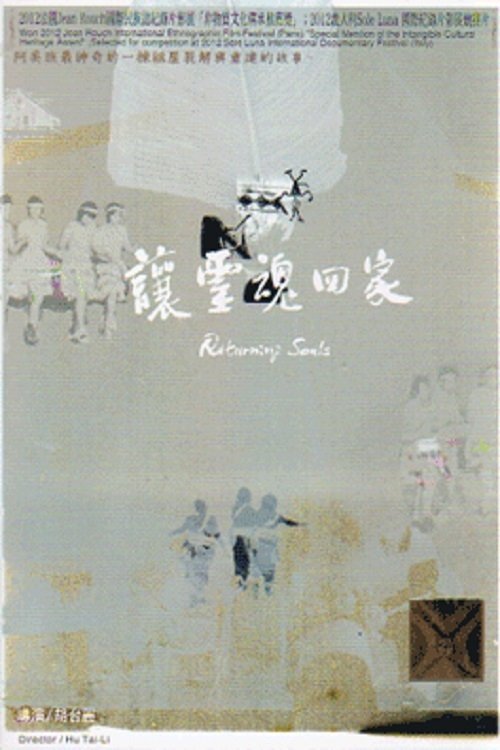
 Disclaimer - This is a news site. All the information listed here is to be found on the web elsewhere. We do not host, upload or link to any video, films, media file, live streams etc.
Kodiapps is not responsible for the accuracy, compliance, copyright, legality, decency, or any other aspect of the content streamed to/from your device.
We are not connected to or in any other way affiliated with Kodi, Team Kodi, or the XBMC Foundation.
We provide no support for third party add-ons installed on your devices, as they do not belong to us.
It is your responsibility to ensure that you comply with all your regional legalities and personal access rights regarding any streams to be found on the web. If in doubt, do not use.
Disclaimer - This is a news site. All the information listed here is to be found on the web elsewhere. We do not host, upload or link to any video, films, media file, live streams etc.
Kodiapps is not responsible for the accuracy, compliance, copyright, legality, decency, or any other aspect of the content streamed to/from your device.
We are not connected to or in any other way affiliated with Kodi, Team Kodi, or the XBMC Foundation.
We provide no support for third party add-ons installed on your devices, as they do not belong to us.
It is your responsibility to ensure that you comply with all your regional legalities and personal access rights regarding any streams to be found on the web. If in doubt, do not use.
 Kodiapps app v7.0 - Available for Android.
You can now add latest scene releases to your collection with Add to Trakt. More features and updates coming to this app real soon.
Kodiapps app v7.0 - Available for Android.
You can now add latest scene releases to your collection with Add to Trakt. More features and updates coming to this app real soon.

Blackwater Lane 2024 - Movies (Nov 8th)
Heightened 2023 - Movies (Oct 2nd)
Sebastian 2024 - Movies (Oct 2nd)
Hounds of War 2024 - Movies (Oct 2nd)
Knox Goes Away 2023 - Movies (Oct 2nd)
A Quiet Place Day One 2024 - Movies (Oct 2nd)
Cabrini 2024 - Movies (Oct 2nd)
Black Cab 2024 - Movies (Nov 8th)
Husband Father Killer The Alyssa Pladl Story 2024 - Movies (Nov 7th)
Lovely Dark and Deep 2023 - Movies (Nov 7th)
It Ends with Us 2024 - Movies (Nov 7th)
Curtains for Christmas 2024 - Movies (Nov 7th)
Look Back 2024 - Movies (Nov 7th)
Where the Heck is My Period 2024 - Movies (Nov 7th)
Arcadian 2024 - Movies (Nov 7th)
My Old Ass 2024 - Movies (Nov 7th)
The 430 Movie 2024 - Movies (Nov 7th)
Ex-Husbands 2023 - Movies (Nov 7th)
American Highway 2024 - Movies (Nov 7th)
Afraid 2024 - Movies (Nov 6th)
Strange Darling 2024 - Movies (Nov 6th)
Jersey Shore- Family Vacation - (Nov 8th)
Very Important People - (Nov 8th)
Letters and Numbers - (Nov 8th)
Children Ruin Everything - (Nov 8th)
Salvage Hunters - (Nov 8th)
Alaska PD - (Nov 8th)
Landward - (Nov 8th)
Gogglebox Ireland - (Nov 8th)
RPA - (Nov 8th)
No Gamble No Future - (Nov 8th)
The 11th Hour with Stephanie Ruhle - (Nov 8th)
Watch What Happens Live with Andy Cohen - (Nov 8th)
Trivial Pursuit - (Nov 8th)
Scrabble - (Nov 8th)
Gardening Australia - (Nov 8th)
After Midnight - (Nov 8th)
After the First 48 - (Nov 8th)
Dateline- The Smoking Gun - (Nov 8th)
Return to Las Sabinas - (Nov 8th)
Doctor Odyssey - (Nov 8th)
Carboncito, Río Bermejo. Salta, Argentina. A group of indigenous teachers develop an innovative teaching method, which produces a great integration of aboriginal children into the educational system. The work carried out by the teachers is remarkable, since they teach to read and write in the Wichí language, without forcing the children to acculturation.
The journey of eight diverse youth in China confronting cultural differences. Crossing Borders - Widening Horizons - Building Bridges between Cultures

At a critical moment in the history of the written word, as humanity’s archives migrate to the cloud, one filmmaker goes on a journey around the globe to better understand how she can preserve her own Romanian and Armenian heritage, as well as our collective memory. Blending the intellectual with the poetic, she embarks on a personal quest with universal resonance, navigating the continuum between paper and digital—and reminding us that human knowledge is above all an affair of the soul and the spirit.
“Sambal Belacan in San Francisco” is a documentary which revolves around three women from Singapore who move to San Francisco in the 1980s to enjoy the lifestyle they wanted.

Queer activist and artist Ajamu prepares to leave Brixton for an exhibition of his work in his hometown, Huddersfield.

People from different ethnic backgrounds with "difficult" names by Western standards share their experience with moving through the world with an identity that challenges others to simply just say their name. A short social docu-film by Mariam Meliksetyan, “Say My Name” is a meditation on identity, otherness, assimilation, community, and ancestral roots.

The 6 Guarani villages of Jaraguá, in São Paulo, fight for land rights, for human rights and for the preservation of nature. They suffer from the proximity to the city, which brings lack of resources, pollution of rivers and springs, racism, police violence, fires, lack of infrastructure and sanitation, among others. Unable to live like their ancestors, their millenary culture is lost as it merges with the urban culture.